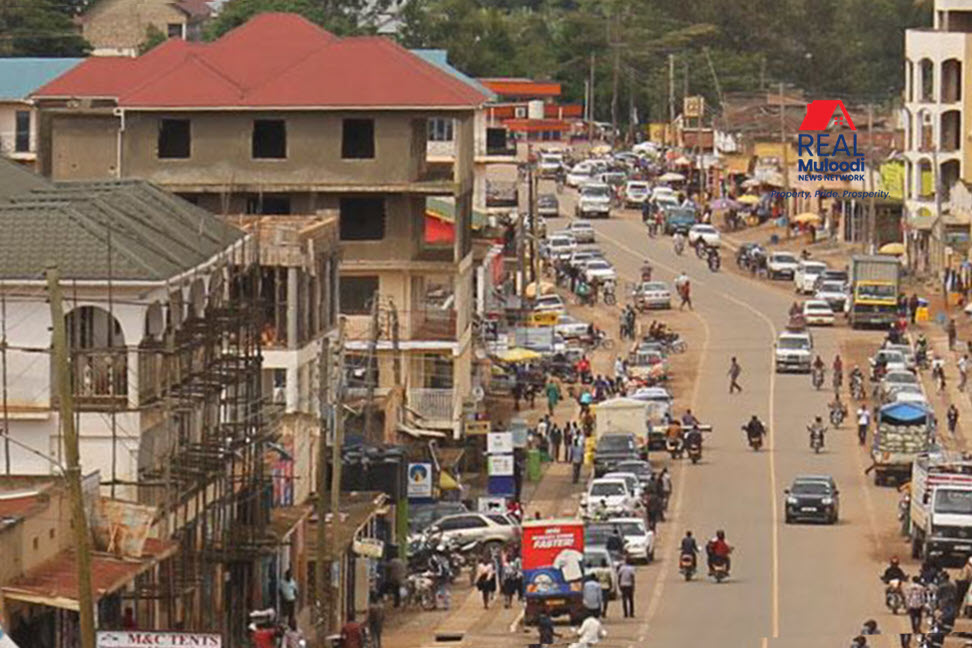UGANDA, Kiboga | Real Muloodi News | Kiboga Town Council has implemented a ban on the construction of new pit latrines to promote toilets with clear sewerage systems in the area.
The move is intended to conform to urban standards and elevate the town to the level of a municipality. Mabel Mbaziira, the Kiboga Town Council physical planner, stated that developers who plan to use only traditional pit latrines on their buildings will not have their plans approved.
Before the implementation of the solid waste management strategy, all developers in the town council must erect structures that conform to urban standards with clear sewage systems which can connect to the sewer line.
Mbaziira emphasised that the government has invested a lot of money in constructing an USh6b sewerage treatment that has never been put to use since most lavatory facilities in the town are not water-borne.
Kiboga Town Council has been in existence since 1991 when the district was curved out of Mubende District. The town council aims to conform to certain standards to elevate it to the level of a municipality.
Mbaziira is pleased that some owners of public places such as schools, fuel stations, bars, and places of worship like churches and mosques have already started putting up structures that conform to the required standards.
A small volume of waste treated at the facility is ferried from the urban centres of Mubende and Hoima where dwellers own either ventilated pit latrines or water-borne toilets.
On average, a water-borne toilet facility can cost USh4m, which covers purchasing a water tank, digging a soak pit, and a piped system, among others.
However, property owners, such as Teopista Nabiddo, have complained that putting up standard toilets is expensive.
“It is a good idea, but we need more time to look for money to erect the required lavatory facilities,” she said.
Juliet Namaganda, another landlord, emphasised that town council authorities need to first sensitise them before enforcing the new standards.
Kiboga Town has a population of about 22,400 residents spread across four wards of Kirurumba, Bamusutta, Kiboga Nasuuna, and Kabutemba.
Other urban centres like Kayunga, Mubende, and Lira, where a similar directive was first issued, have faced stiff resistance from local developers who claim they lack the funds to put up the required structures.
READ MORE LIKE THIS:
Kiboga District’s UGX6B Sewerage Plant Goes Unused Due to Lack of Buildings



